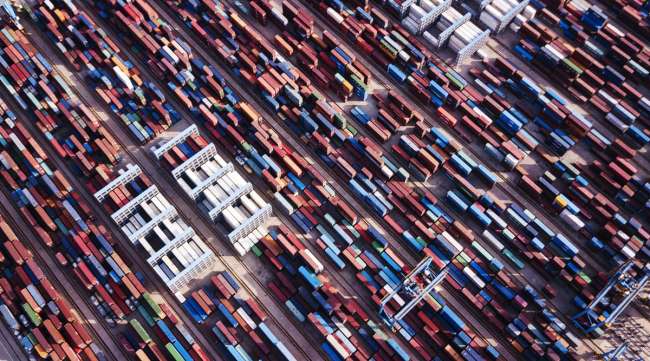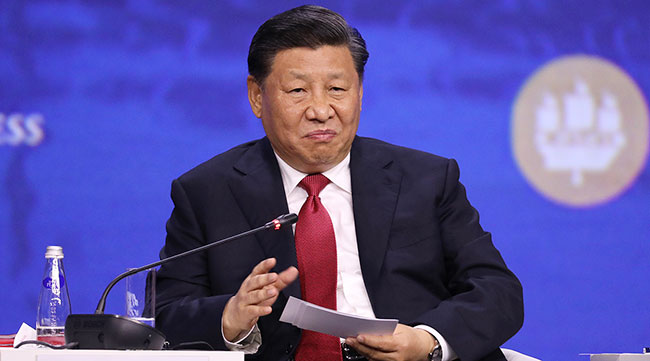Chinese Imports Drop as Growing Tensions With US Cloud Trade

[Stay on top of transportation news: Get TTNews in your inbox.]
China’s imports tumbled in May and a surprise rise in exports wasn’t enough to dispel concerns that the economic dispute with the U.S. will intensify and damage the global economy.
Imports declined by 8.5% in May from a year earlier, according to the customs administration, more than double the forecast drop. While exports rose 1.1% compared to an expected decline, shipments to the U.S. fell for a second month.
The fall in imports underscores the weakness of the domestic economy while the uptick in exports may well prove temporary, as it’s likely driven by manufacturers front-loading shipments ahead of threatened new U.S. tariffs. That’s worrying for the global economy, and with no sign of any breakthrough so far between the U.S. and China, it only increases the importance of a possible meeting between Presidents Donald Trump and Xi Jinping at the G-20 leaders summit in Osaka later this month.
“We expect export growth to remain positive in June, likely supported by continued front-loading of China’s U.S.-bound exports,” said Lu Ting, chief China economist at Nomura Holdings Inc. in Hong Kong. “Beijing will likely step up its stimulus measures to stabilize financial markets and growth.”
Some commodity imports dropped, with the volume of soy-bean imports down 12.2% in the first five months from a year earlier, and copper products and iron ore also down. Oil, natural gas and coal imports were all up over the same period.

Chinese President Xi Jinping (Andrey Rudakov/Bloomberg News)
“Import growth slumped on slowing domestic economy and on the prospect of worsening trade tensions,” said Xia Le, Hong Kong-based chief Asia economist at Banco Bilbao Vizcaya Argentaria SA. “As some of the Chinese imports are processing trade, they will cut purchases when the outlook for exports declines.”
Finance chiefs from the world’s largest economies warned that escalating trade and geopolitical tensions pose the biggest risk to global growth. They said that although growth appears to be stabilizing, it “remains low and risks remain tilted to the downside,” according to a statement at the end of their summit in Fukuoka in southwestern Japan. As trade and geopolitical tensions intensify, they said they stand ready to address these risks with further action.
For the domestic economy, People’s Bank of China Governor Yi Gang said in an interview last week that there’s “tremendous” room to adjust monetary policy if the trade war deepens, and also signaled that he is not wedded to defending the nation’s currency at a particular level.
Nomura’s Lu said exports will tumble in the third quarter when he expects threatened U.S. tariffs on about another $300 billion of products to be imposed. The U.S. Trade Representative started reviewing imposing 25% tariffs on those products last month.
Sen. Chuck Grassley owns a farm in his home state of Iowa. Like many of the farmers he represents, he plans to apply for financial assistance for farmers hurt by the ongoing trade war with China. https://t.co/W83RYMEkol — Vox (@voxdotcom) June 8, 2019
“This is a set of disturbing numbers,” said Tao Dong, vice chairman for Greater China at Credit Suisse Private Banking in Hong Kong. “Not only are Chinese exporters rushing delivery to the U.S., trying to beat the tariffs launching date, but also the Chinese tech companies are rushing imported component orders in fear of supply disruptions. It seems to suggest domestic demand has weakened more than expected.”




